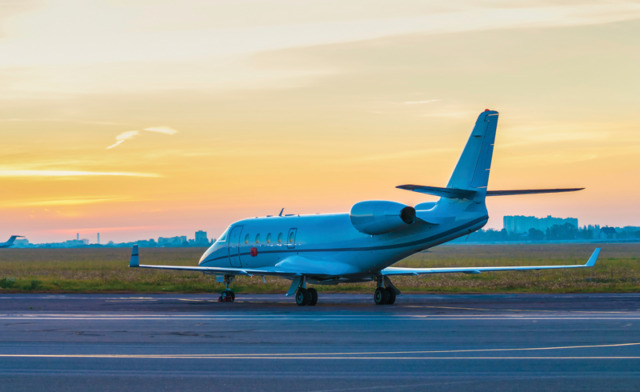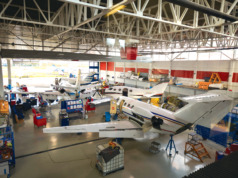
The global business aviation market continues to grow along with the dynamic landscape of international business, driving demand for more choices for aircraft registration than ever before. The location of your aircraft’s registration can have an impact on many factors, including how quickly you can sell your aircraft and for how much. It also affects the way you operate and maintain your aircraft.
Every civil aircraft must be marked prominently on its exterior with an alphanumeric string to indicate its country of registration and a unique registration number, either randomly assigned or designed by you. This code also must appear in the aircraft’s Certificate of Registration. It can have only one registration in one jurisdiction.
Aircraft most often are registered in the jurisdiction in which the owner is a resident or is based. Given that a majority of business jets flying today are U.S. based, it makes sense that approximately 70% of them are registered in the U.S., requiring a tail number beginning with an N. However, some owners choose to register their aircraft in other countries which provide open aircraft registrations.
What do you need to consider as you choose the registration country for your new aircraft? Your advisor will help you answer important questions, such as how the aircraft will be used (i.e., corporate, personal, and/or charter), to which countries the aircraft will fly frequently, and the duration of a typical trip.
There are many valid reasons for registering an aircraft offshore, including:
- Privacy – In the U.S., aircraft ownership is a public record, easily obtainable online; offshore registration generally is confidential.
- Need for Neutral Nationality – Whether for political, security, or corporate reasons, offshore registration may be important to you.
- Taxation – Depending upon where your aircraft will be operated, and the nationality of the owner, offshore registration may offer you tax advantages.
- Legal and Liability – Depending on your circumstances, offshore registration may reduce your liability exposure.
- Insurance Requirements, and
- Personal Preference.
In addition to these factors, working to maintain, repair, or modify a business jet registered outside the U.S. can be challenging, so consider these maintenance factors, both pro and con.
Offshore Aircraft Registry Pros
- Less Paperwork – Aircraft replacement parts sometimes can be installed with less paperwork on foreign-registered aircraft, saving time and expense.
- One-time Authorization – Often, allocations will be available for a quality manager to perform a one-time government authorization of component replacements.
- Expedited Processing – Some countries have privatized aircraft registration. These nations – as well as smaller government entities – often offer better customer service than do larger governments.
Offshore Aircraft Registry Cons
- Additional Time and Expense – As technology evolves from both mandated regulatory requirements and elective convenience amenities, modifications and upgrades performed on foreign-registered aircraft may require temporarily de-registering the aircraft, then re-registering it upon completion, adding substantial time and expense to return the aircraft to an airworthy condition.
- Proving Airworthiness – Typically renewed annually, inspection requirements for airworthiness vary and can be a time- and cost-consuming task that usually involves the owner paying for the inspector’s transportation expenses to and from the aircraft when not performed in the country of registration.
- Limitations and Exclusions – Some registries, including the U.S., have specific charter limitations or exclusions (cabotage), which may apply even for inter-divisional chargebacks, so it is important to evaluate foreign registries based upon your anticipated use of the aircraft.
Like all critical aircraft decisions, developing a plan with a trusted advisor to qualify and weigh the options always is your best first step. BAA
Richard Thompson is the Director of Advisory Services at Jet Support Services, Inc. (JSSI). He has more than 25 years of experience providing consulting services focused on aircraft appraisals, technical oversight, and safety.




